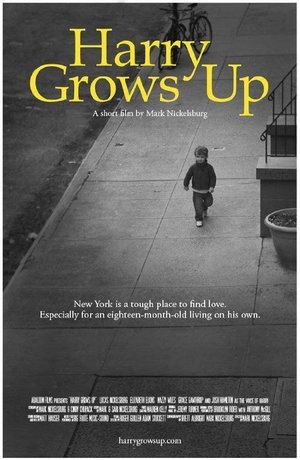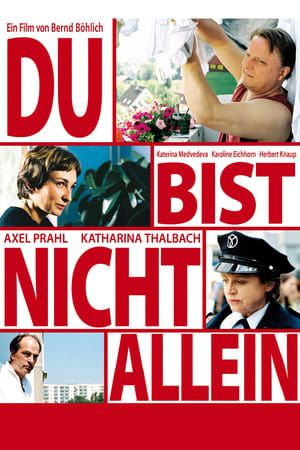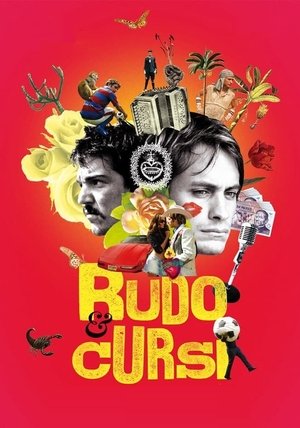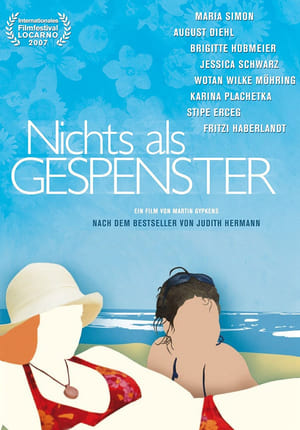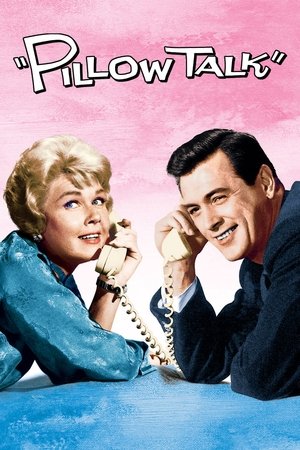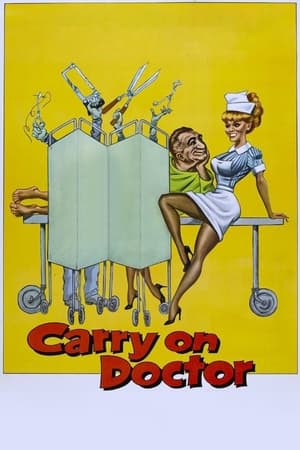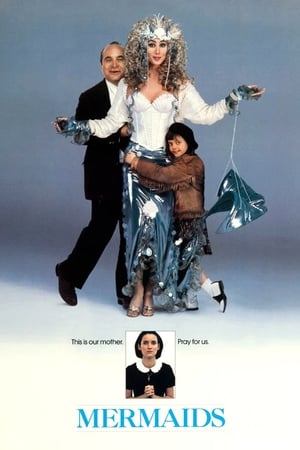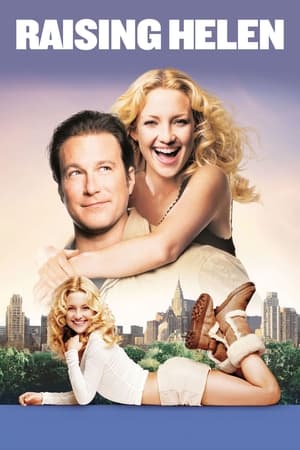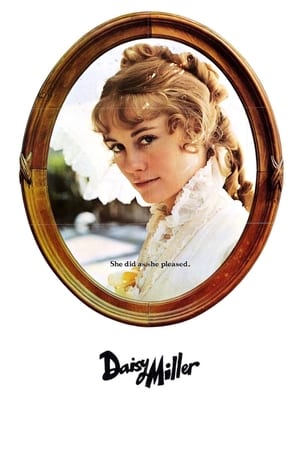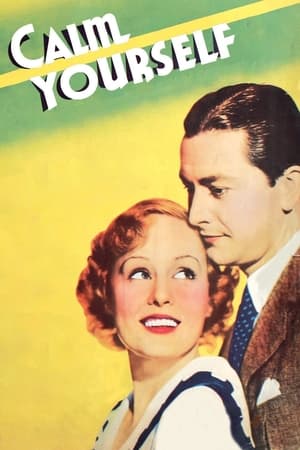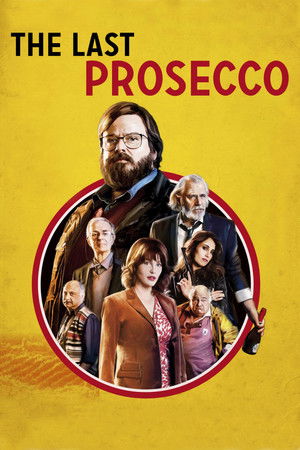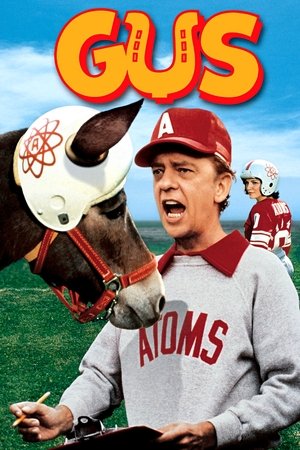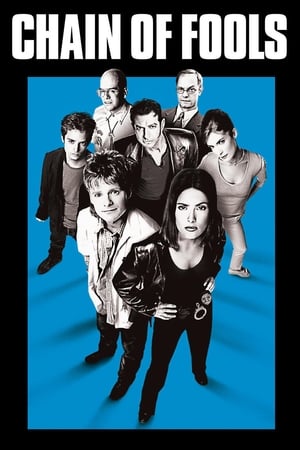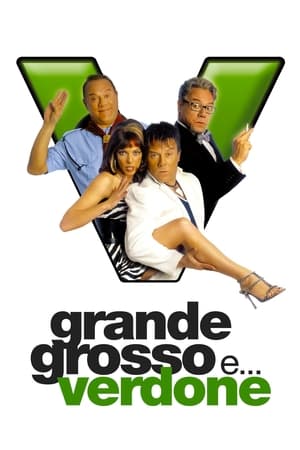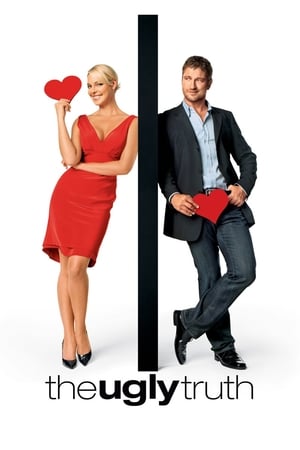Overview
In a village of the Po valley where the earth is hard and life miserly, the priest and the communist mayor are always fighting to be the head of the community. If in secret, they admired and liked each other, politics still divided them as it is dividing the country. And when the mayor wants his "People's House"; the priest wants his "Garden City" for the poor. Division exist between the richest and the poorest, the pious and the atheists and even between lovers. But if the people are hard as the country, they are good in the bottom of there heart.
Reviews
Fernandel is great in this comedy drama set after the end of the Second World War in Italy. He's the eponymous churchman who is watching his country at a crossroads between the old and the new ways of thinking. The town has just elected a communist mayor, nicknamed "Peppone" (Gino Cervi) and it seems that just about everyone barring himself and the town's former school mistress "Cristina" (Sylvie) is supporting the new regime. The two men spar like rutting stags, with the former using his considerable array of church bells to drown out his rival's political speechifying and the latter doing whatever he can to thwart the priest's dreams of establishing a garden for the poor - of which there are quite a few! Luckily, we have an invisible narrator for this exercise who adopts a god-like position on the shoulder of "Camillo" reminding him to live to the vows he took to his church despite his inclination for fisticuffs and disputations with just about everyone, but that is becoming much harder when rumours of some Nazi cash reach his ears and he wants some of it for his project. The mayor wants to build an edifice to demonstrate the power of the people and their new found freedoms, and that's what he wants to do with the reportedly 10 million Lire. Can they compromise? What's becomes clear to us is that there is a lot of bravado going on here, and when it comes down to it the two men are actually remarkably and stubbornly similar. They both want what's best for their village, their congregation/electorate and both are conscious that this is a delicate time for their nation and co-operation is going to be vital, even if it's grudgingly given. The novel from Giovanni Guareschi upon which this is based offers quite a gentle analysis of post-war, and soon to be post-kingdom, Italy and looks at the roles of the church and it's traditions in a subtly thought-provoking fashion. Director Julien Duvivier has managed to capture quite a bit of that thrust and incorporates it engagingly into a series of scenarios that do raise a smile, but also an eyebrow too. It's good fun, this, with plenty of daftness to illustrate the power of belligerence - in all it's glory!

 107 min
107 min
 7.6
7.6
 1952
1952
 France
France
 CinemaSerf wrote:
CinemaSerf wrote: